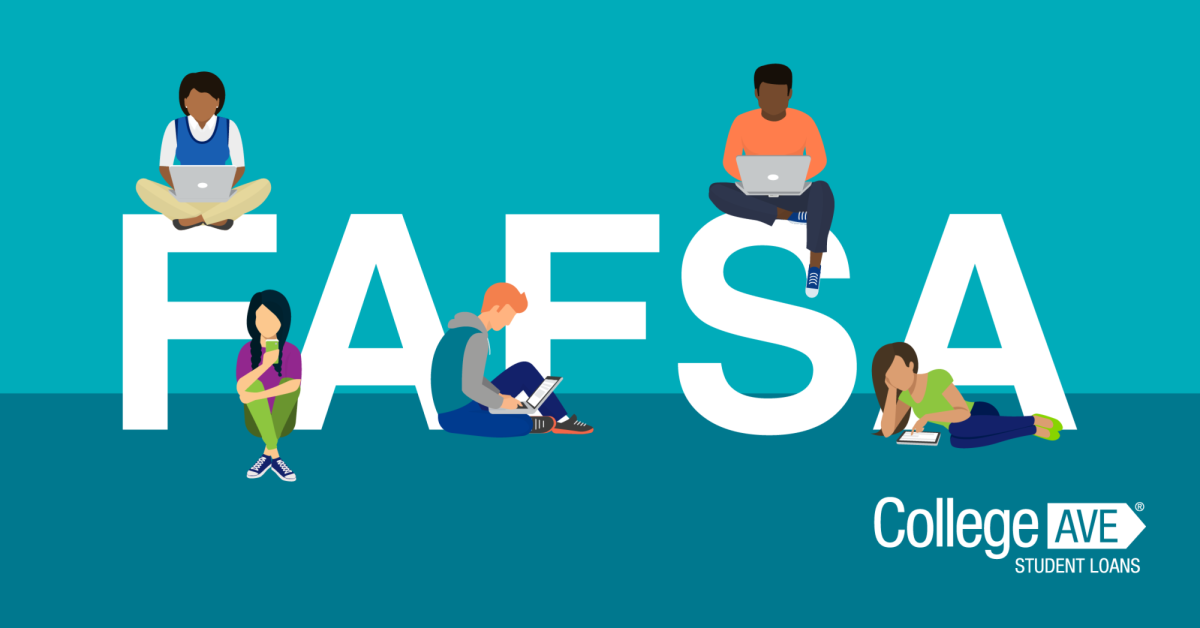If you are reading this, then congratulations, you aren’t struggling with something millions of adults are facing. 32 million adults in the U.S are considered illiterate, and though those numbers are barely decreasing, it is still something people witness daily.In the state of Nevada, The age of 17 is the minimum attendance age for schools. The fact that we even have one baffles me. Everyone has grown up with the idea that not attending school is illegal, but why does the government provide us with a minimum age. I can’t even fully understand why people at such a young age are allowed to drop out the year before they graduate, its being so close to a diploma and then last minute giving it up. With parents permission you can drop out with the principal’s permission if they believe it is for a good reason. The reason can be as common as work to as reasonable as illnesses. The worse part is that this isn’t and easy fix with the snap of a finger. If a family needs another worker in the house and dropping out of school is the only option then that is beyond anyone’s control, but there are no restrictions on this matter for those who aren’t struggling with finances. There is no clear division between what is an acceptable dropout and what is unacceptable. Nevada requires youth from the age 7- 17 to go to school which in some cases, though it isn’t advised, children don’t necessarily have to go to first grade. This matter gets complicated when it comes to real life situations but according to the law, 1st grade six year olds, aren’t required to be learning. The worst part is that with the idea of not having to go, people won’t feel the need to. Hypothetically, imagine a man born in a poor family with no stable financial income. He enters school at the age of seven and finishes by 17. His life is more focused on things like farming and raising money, so during these quick 10 years he misses a lot of school and is constantly tardy. Starting at a later age also blocks him from understanding simple important information. The government giving these expiration dates to school are fully aware of the outcome of those decisions. The fact that they are giving the youth this option can only hurt our nation’s literacy skills. If the government wants a growth in literacy and overall education, there needs to be sacrifices to allow in debt students to have the option to continue school. With something like a high school diploma, it is very hard to get successful jobs and climb your way out of financial problems, which was the problem to begin with. According to a study for the U.S. Department Of Education NCES, one in every five adults lack the skills to compare and contrast information, make inferences, or even paraphrase simple text. The fact that the literacy rate has been constant since the late 1900s suggest that no improvement is being mad with the newer generations. It seems to be a vicious cycle that keep those with major finance problems in illiterate families. We should be gearing our attention from people in this situation, to solutions for the problem. Being able to provide for the less fortunate’s financial problems could help people stay in school longer, and allow them to build their education to hopefully allow them to have a successful future. We could also build more communities that can send education supplies to homes and help find alternatives for working teens to still further their education.







